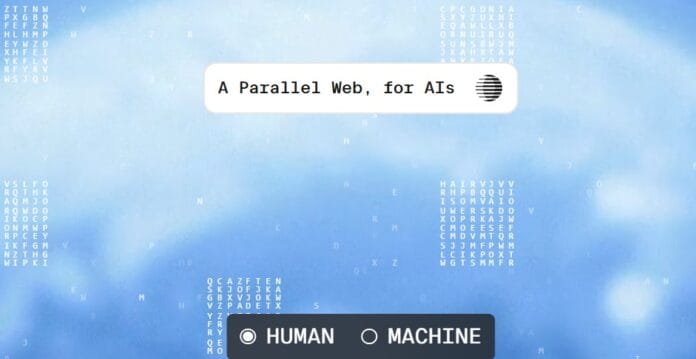August 18, 2025: As artificial intelligence systems grow more advanced, their need for fast, reliable access to vast online information is increasing, yet the current internet infrastructure wasn’t built for this demand. Parallel, the startup founded by former Twitter CEO Parag Agrawal, is stepping in to change that by creating a cloud platform designed specifically to optimize web access for AI.
With its innovative approach, Parallel aims to make online research faster, smarter, and more efficient for AI applications. But can Parag Aggarwal’s truly redefine how AI systems use the web?
Set up in 2023 and operating out of Palo Alto, Parallel has already raised $30 million from prominent investors like Khosla Ventures, First Round Capital, and Index Ventures. Backed by a 25-member team, the startup believes that today’s internet, built for human consumption, is ill-suited to the growing demands of AI agents that need data at scale.
What Problem Is Parallel Solving?
The traditional web is built around human interaction, clicks, ads, short searches, and limited page views. But AI systems operate differently: they don’t just browse, they analyze vast volumes of data, run deep research, and perform tasks that were once done manually.
This creates a major bottleneck. Most of the internet today is either behind paywalls, hidden in walled gardens, or structured in a way that makes machine processing inefficient.
Parag’s startup wants to change this by creating a “programmatic web”, an online infrastructure that supports machine-level access, enabling AIs to request and process information much more intelligently and efficiently.
How Parallel Works: A New Layer for the Web
Parag Aggarwal’s Parallel has launched its Deep Research API, a tool that lets AI systems perform large-scale online research, faster and more accurately than traditional models. According to Agrawal, this API outperforms both humans and advanced AI models like GPT-5 on certain research benchmarks.
Rather than relying on manual browsing or restrictive APIs, Parallel offers:
Why This Matters for the AI Ecosystem
As AI becomes more advanced, its need for up-to-date, structured, and open-access information will grow. Parallel addresses this shift by focusing on:
- Scalability: Helping AI systems conduct millions of research tasks daily.
- Accuracy: Providing trusted sources and reducing hallucinations.
- Fairness: Rewarding original content creators through attribution and open markets.
By turning the internet into a more machine-friendly system, Parag’s startup isn’t just improving access for AI, it’s also making the entire knowledge ecosystem more accountable and economically sustainable.
Parallel’s vision represents a broader transition in how AI and the internet will interact. If successful, it could pave the way for:
- Faster, real-time research capabilities embedded directly in AI tools.
- A shift in content monetization models away from ad-based systems toward machine-usage models.
- Collaborative standards across platforms to enable transparency and reward mechanisms for web contributors.
Whether or not Parallel becomes the backbone of this “second internet,” its core idea, that the web must evolve for its newest and most powerful user, AI, may well shape the next phase of the digital world.
According to the founder Parag : Business models built on human attention can’t serve AIs. By default, the web trends toward zero-sum: paywalls, gated APIs, and private data silos everywhere, undermining the very miracle that sparked the AI revolution.
The startup says , we need to build a new Programmatic Web specifically for AIs: declarative, composable layers built around reasoning and computation, verifiable provenance, and open markets. This isn’t about preserving the old web. It’s about unlocking what comes next: AIs solving complex problems, accelerating discovery, creating things we can’t yet imagine. The choice is binary: we build the open web for its second user, or it fractures beyond repair. At Parallel, we are building for abundance.
Pricing
Pay as you go
Run up to 20,000 requests for free
Best for:
Deep research, database enrichment, or workflow automation



